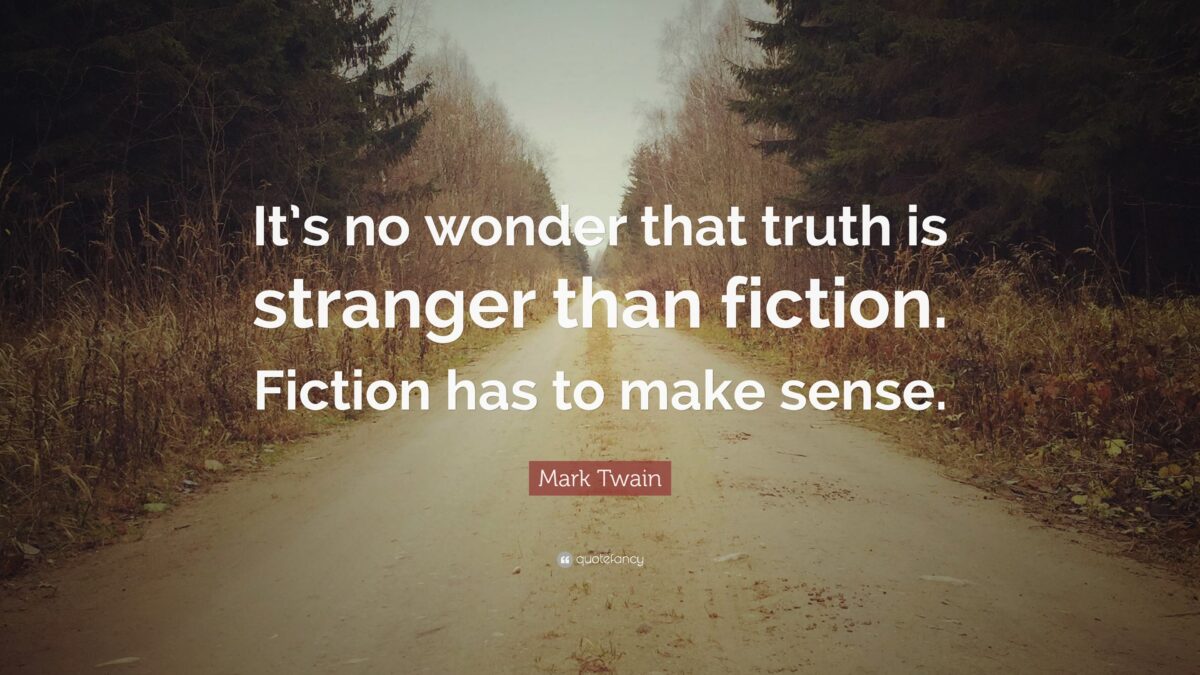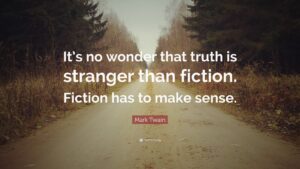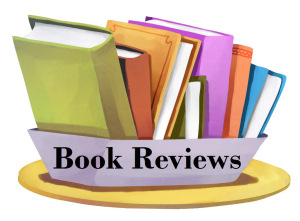 The first impression you make on someone is vitally important. The same can be said about the importance of your book’s first scene. After writing my first draft of “Shell Game,” I came back and decided that my first scene didn’t have a strong hook. I went back to the drawing board in the rewriting process.
The first impression you make on someone is vitally important. The same can be said about the importance of your book’s first scene. After writing my first draft of “Shell Game,” I came back and decided that my first scene didn’t have a strong hook. I went back to the drawing board in the rewriting process.
Do Some Soul Searching
After a day or so of soul searching, I came up with a new opening scene and revised first chapter. I actually did not realize the dramatic impact of the first scene until I let some fellow writers read it, and also, read it to my writing group.
The rewrite accomplished several writing goals. The opening…
- Started the story at a pivotal and suspense filled moment.
- Introduced an unusual situation, intriguing characters and antagonists in a surprising and frightening setting.
- Allowed me to package surprise, conflict and dread in the first encounter.
But I still wanted to up the ante of this suspenseful beginning scene. I added an unsuspecting protagonist, preoccupied with her own problems.
Up The Stakes
My job during the next chapters was to up the stakes. I needed to turn the screws to force my main character along with fellow protagonists and supporting characters to take direct action. I wanted them as deeply involved in the conflict and problems shown in the opening chapter throughout the rest of the book.
Critique Your Manuscript
When I gave my final manuscript to others for critique, I realized that I had done a good job in drawing people into the story of Shell Game. People were invested and interested in finding out what happened to the characters. I created a “whodunnit” and the question of “why.”
Make Your Work Relatable
Shell Game has a universal element that is relatable, if not scary. The characters are placed into an unknown situation. Making matters worse, they are immediately fraught with physical danger from unknown persons and situations.
The medical aspect of my thriller offered me some seriously creepy and gruesome means to inflict mayhem on my protagonists and their supporting characters. Being a medical “insider” has given me the ability to take what I know about hospitals and peri-operative processes and pervert it to create challenges and obstacles for my characters.
As for my next goal with my novels? I hope to invoke the same type of instant “Gotcha!” and interest that I feel I’ve created with the first chapter of Shell Game.







 Ruth Bader Ginsburg and her trailblazing work made an indelible and lasting mark on my life and career. She tore down irrelevant barriers affecting women, and for that, I will always see her as a hero. Using logic, the power of persuasion, and downright courage, Ginsburg opened doors for women to occupy a space that had been previously denied.
Ruth Bader Ginsburg and her trailblazing work made an indelible and lasting mark on my life and career. She tore down irrelevant barriers affecting women, and for that, I will always see her as a hero. Using logic, the power of persuasion, and downright courage, Ginsburg opened doors for women to occupy a space that had been previously denied. 








